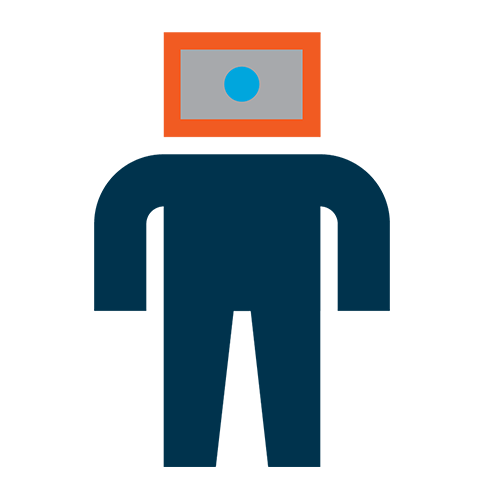Who: Italian Parliament
Where: Italy
When: June 2017
Law stated as at: June 2017
What happened:
During discussions on the Bill on competition, which passed on 29 June to the Italian Chamber of Deputies, the Government undertook to regulate VIPs’ selfies on the internet and more generally camouflaged advertising on blogs or on the profiles of web influencers and well known people which in many cases hide product promotions.
The Government expressed its assent to the approved agenda, signed by Sergio Boccadutri of the Democratic party (much desired by the National Union of Consumers), that asked the Government to pass the legislation so that “the activity of online influencers is regulated, allowing consumers to clearly identify which events on the internet are sponsorships”. The Competition Bill should receive its final OK from the Senate before the summer break, more than 2 years after it was issued (April 2015).
In essence, the new rules should no longer allow disguised advertising, by adding a requirement that photos or videos include the advertising statement when VIPs publicise a product on payment of consideration.
Why this matters:
Italy will probably also have specific legislation on advertising through bloggers / influencers, following the example of the United States, which developed the first industry rules in 2009 when the Federal Trade Commission, the independent agency for consumer protection, made the first recommendations and in 2016 produced a manual on the subject.
Until such time as the ad hoc legislation comes into force, the matter will continue to be dealt with by the IAP, the authority tasked with enforcing the national advertising self-disciplinary code and Consumer Code.
In 2016, the IAP presented a Digital Chart to guide its associates as to the rules to be respected on the web. The promotional aim of a comment or an opinion expressed by a celebrity / influencer / blogger, if not already clearly recognizable by the context, must be made explicit to the user by suitable means (for example by entering a hashtag in conjunction with the current advertising campaign, a link to the company’s website or by tagging the social profile of the company in the post).
In addition, Article 23 of the Consumer Code considers as unlawful any declaration or conduct implying , contrary to the truth, that a person is acting as a consumer and not within the ambit of a remunerated activity.
Over the past few days Igersitalia, an association forming part of the Instagramers movement, drafted a code of ethics for digital content creators, “with the aim of safeguarding this emerging profession and setting out general rules of behaviour and relations with the sponsors”.
Once the new law is approved, people with millions of followers on Facebook, Instagram, YouTube or Twitter, will have to state that the video or the post was produced with the contribution of the sponsor. This is a form of self-regulation that already exists in the USA through the use of hashtags such as #ad (advert) and #sponsored. If in America and Great Britain these are questions of transparency, in Italy some Government self-interest may be at play. Any disclosure indicating the payment of consideration may also help indicated this existence of taxable income.








